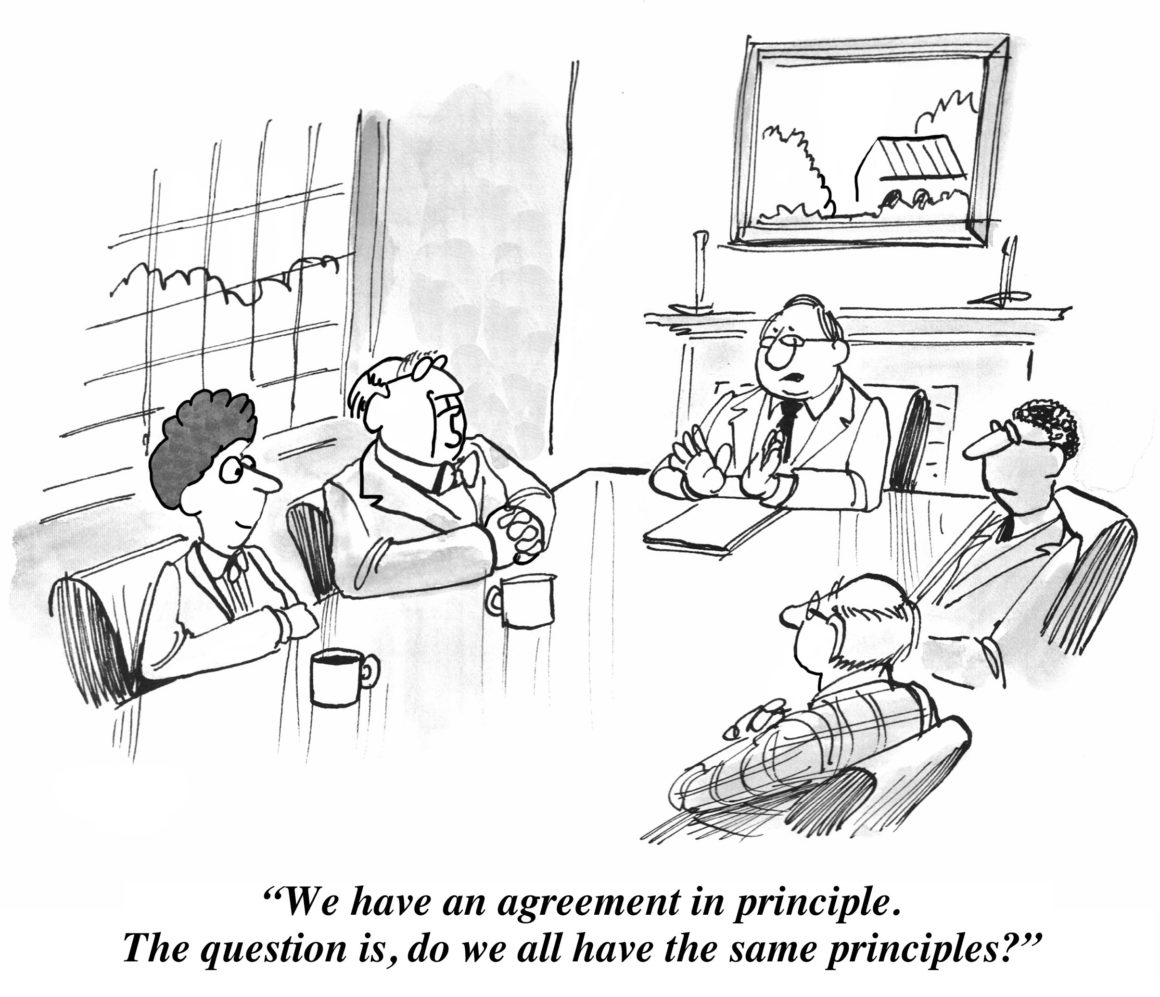Table of Contents Show
Recently, we covered the top mistakes buyers make when negotiating a home purchase. Now let’s take a lot at it from sellers’ mistakes when negotiating. Some things apply to sellers, such as allowing emotions to get in the way, talking too much in front of the buyer’s agent, and seeing it as a zero-sum deal. But sellers are also prone to mistakes of their own. It’s all a matter of perspective, so here are some of the worst negotiating mistakes when selling your New York City home.
Not having a plan BNot having a plan B
Never go into negotiations with a buyer without a Plan B. Without a safety net, you’ll be under more pressure and may give concessions you could otherwise have avoided or reduced. Consider that the right offer might not come around, so be ready with a backup plan. For instance, you are holding onto the property and remodeling it before putting it back on the market later. Your broker will go through everything with you and feel more confident if they know you have a plan B. It gives them more leverage in negotiations.
Being insulted by low-ball offers or not responding to themBeing insulted by low-ball offers or not responding to them
This is the most repeated lament of the seller’s agents. Sellers who view a low-ball offer as nothing but an insult fail to see that it’s an opportunity to get it to a more acceptable level. You have nothing to lose by coming back with a counteroffer and going through a bit of back and forth until you arrive at a deal that pleases everyone. Even with the original asking price, Countering the offer shows that you’re serious and confident in the property’s value.
Making a counteroffer that is too lowMaking a counteroffer that is too low
Countering a low-ball offer with your original asking price can be a strategic response if you have a plan B and plenty of offers. However, it can backfire if you don’t make a reasonable reduction. A reduction of 1% will only insult most buyers and make them walk away without a further word. Reducing the price by 3-5% is seen as a more severe response and a willingness to negotiate.
Focusing too much on the priceFocusing too much on the price
Every seller wants a good price, but there is always far more to the deal than just the price when selling a home. This is important when dealing with multiple offers, as the highest bidder may not be the best deal. You need to carefully examine the financial qualifications of each buyer and see who is a more sure bet. If deadlocked on a price, try to get creative and look for other areas that can give you some wiggle room—perhaps adding or dropping a few contingencies, adjusting the timeline, or looking, at closing costs, to name just a few.
Using the wrong numbersUsing the wrong numbers
There’s a good reason you see store items priced at $19.95 rather than $20. The opening bid influences how our brains think about value and shape our bidding behavior. A study at the University of Florida confirmed this with multiple tests on different products.
Studies of real estate sales over five years in Alachua County, Florida, found that when homeowners asked for a specific, non-rounded price – say, $694,500 instead of $700,000 – they sold their properties faster for a price closer to their initial offer. This tactic has been seen to work to stay away from round numbers when setting a price. Negotiate to win, and avoid the typical seller’s mistakes we have covered.

